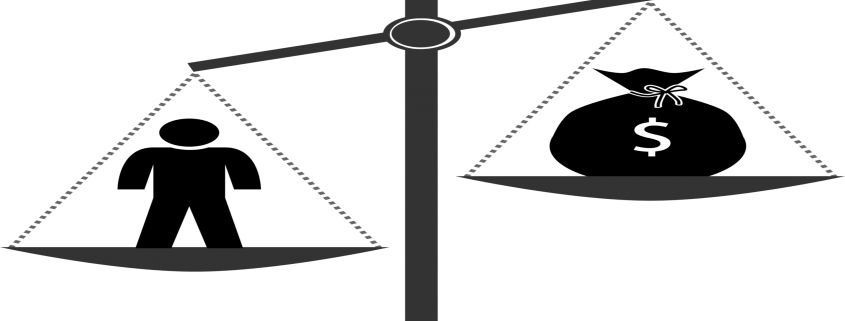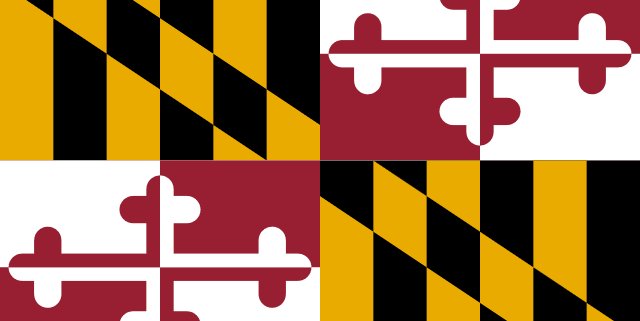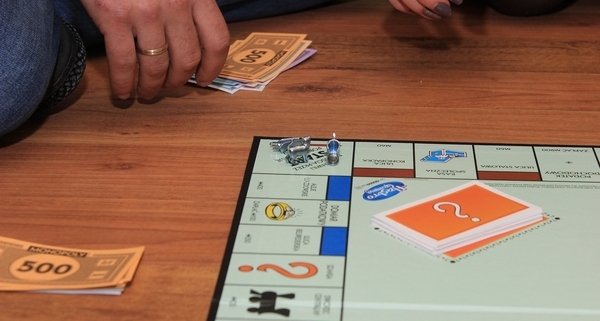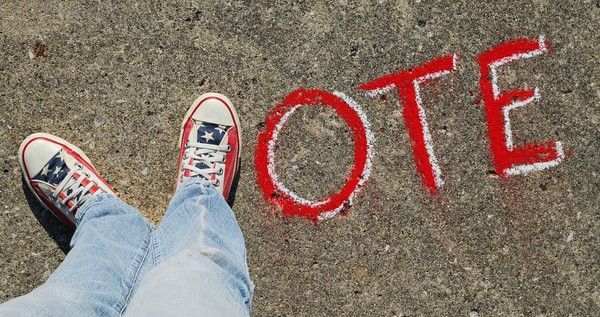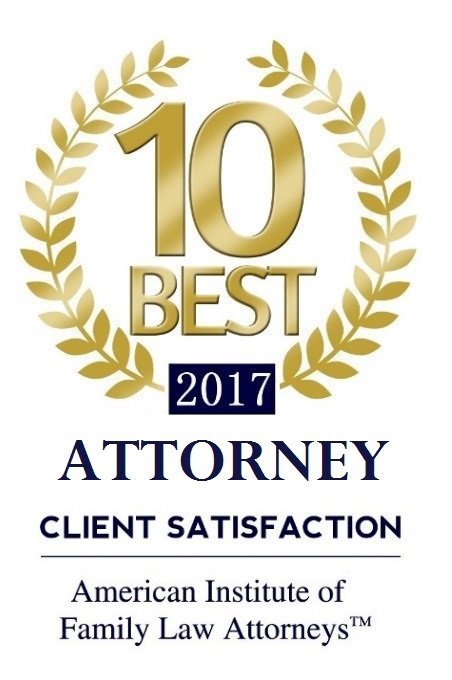Understanding Bankruptcy in Maryland
Many Maryland residents are struggling with the economic fallout from the COVID-19 pandemic, and bankruptcy is a possible solution. Conferring with an attorney (one correctly identified as a debt relief agency) is the best way to decide whether bankruptcy is right for you. Here is some basic information about bankruptcy law in Maryland.
What is Bankruptcy?
Bankruptcy is a debt relief process available to individuals and businesses through a set of Federal laws and regulations. Overseen by a Federal court, debtors file a petition for relief accompanied by detailed information about debts, assets, and income. This triggers a very important protection called an “automatic stay” that prevents creditors from taking any action against the debtor. Depending on the type of bankruptcy petition, the filing starts a specific sequence of events and activities designed to address most of the debt owed by the debtor at the time of filing. While the Bankruptcy Court has ultimate authority over a bankruptcy, usually all of the work done to assess the debtor’s situation and deal with the creditors is done by a designated trustee. The trustee takes charge of some of the debtor’s assets called the “bankruptcy estate”. However, the Bankruptcy Code exempts certain assets that the debtor will be allowed to retain.
What Types of Debts Are Affected By Bankruptcies?
The ultimate outcome of a bankruptcy filing is relief from debt and personal liability, called a “discharge.” Not all debt is dischargeable. Among other exceptions from discharge are child support, alimony, some income tax, and most student loans. This means that the debtor will continue to owe on these debts. On the other hand, debts such as credit card bills, medical expenses, and the remaining balances on foreclosure and car repossession can be discharged. Specific creditors who have rights against a debtor’s property (i.e. mortgage lenders and car loan lenders) continue to have those rights, so even if the unpaid balance is discharged, these creditors can foreclose or repossess the property if the debt is not paid.
Types of Bankruptcy in Maryland
There are several types of bankruptcies authorized for use in Maryland by the United States Bankruptcy Code, but for the purposes of this discussion, we will provide details on those that usually are considered as options for individuals and small businesses.
Chapter 7 Bankruptcy
The first, and most frequently utilized type of bankruptcy, is a Chapter 7 bankruptcy, also referred to as “liquidation bankruptcy.” The use of exemptions to protect assets from being liquidated as part of a Chapter 7 frequently makes the process a quick and painless experience for many individuals. Except in unusual circumstances, following the exemptions, there are no assets left to pay unsecured creditors in a Chapter 7. Chapter 7 is not available to all individuals or married couples – a party has to satisfy a “means test” based on certain categories of income.
The Chapter 7 process is fairly simple. Usually, the only time a debtor needs to appear is for a brief meeting with the trustee, in the presence of your attorney. The meeting for debtors who file in Montgomery County is normally in Greenbelt, and the meeting for debtors who file in Frederick County is in Hagerstown. During COVID-19, these meetings are being held by video teleconference. Most consumer Chapter 7 bankruptcies result in the issuance of the Order of Discharge about 3 ½ months after the filing.
Chapter 13 Bankruptcy
A Chapter 13 bankruptcy requires a debtor to offer a plan to make payments to creditors over the course of 36-60 months before being granted a discharge. That plan needs to be confirmed by the Bankruptcy Court, and it is subject to the objections of creditors. Individuals frequently utilize the Chapter 13 bankruptcy to become current on mortgage obligations to prevent a foreclosure. They also select this type if they have assets that they wish to retain that would be at risk of liquidation under a Chapter 7, or they cannot qualify for a Chapter 7 under the means test. Essentially, Chapter 13 debtors can “buy back” their assets by making payments to creditors. The confirmation process of a proposed Chapter 13 plan is not a simple process. It requires the careful management of an experienced and qualified attorney.
There are other forms of bankruptcy and additional options for debtors to deal with creditors outside of the bankruptcy process. Because of the rules about exemptions, the “means test” and the requirements for a confirmable Chapter 13 plan, bankruptcy should be approached strategically with the assistance of knowledgeable counsel. Barkley & Kennedy has offices in Rockville and Frederick. We are experienced debt relief counsel, and we can advise you on the best approach to managing your specific situation. Contact us for a no-charge 30 minute consultation.
DISCLAIMER. The material contained on this Website is not offered, nor should it be construed, as legal advice. The material on our Website has been prepared and published for informational purposes only. You should not act or rely upon information contained in these materials without specifically seeking professional legal advice.

